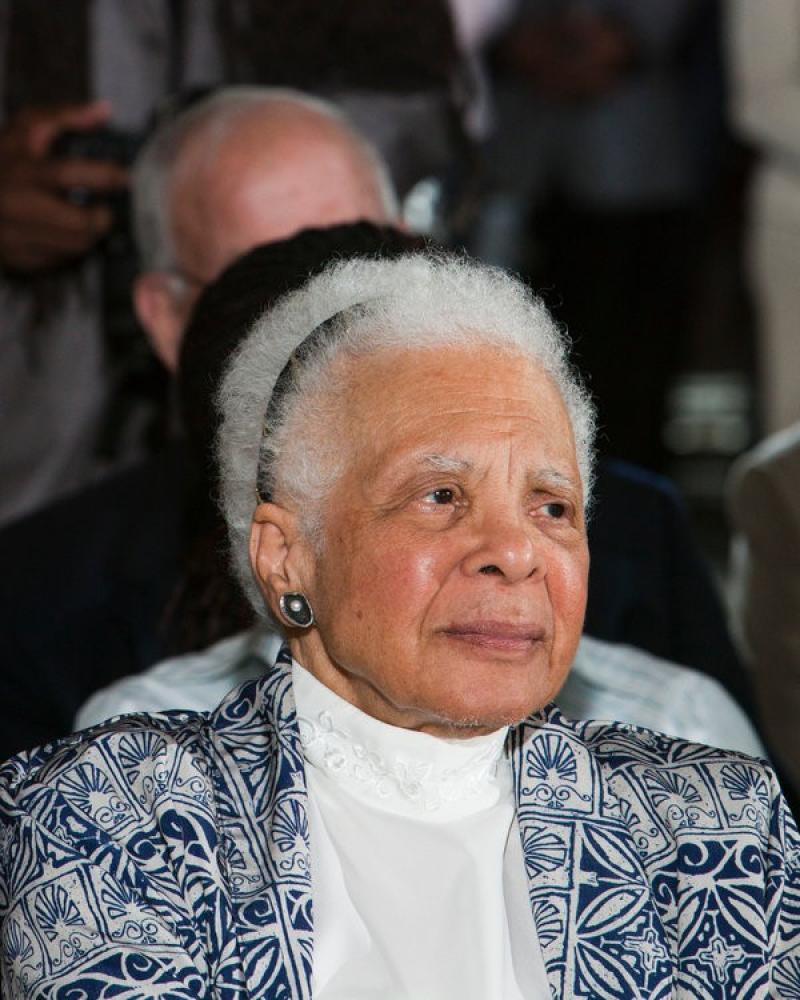Dr. Doris Wethers, 91, on Front Lines Against Sickle Cell, Dies



Dr. Doris L. Wethers, who broke racial barriers in the medical world before gaining renown for research and advocacy that helped lead to mandatory testing of all newborns for sickle cell anemia, died on Jan. 28 in Yonkers. She was 91.
The cause was complications of a stroke, her daughter-in-law Lisa Booker said.
In 1965, Dr. Wethers became the first black chief of a medical department at a New York City voluntary, or private nonprofit, hospital when she was named director of pediatrics at Knickerbocker Hospital in West Harlem.
Knickerbocker, which had a history of refusing to admit black patients, was renamed Arthur C. Logan Memorial Hospital before it closed in 1979 .
She was later director of pediatrics from 1969 to 1974 at Sydenham Hospital (which was shuttered in 1980) and then, until 1979, at St. Luke’s Hospital Center (now Mount Sinai St. Luke’s). She became St. Luke’s first black attending physician in 1958.
Dr. Wethers opened sickle cell anemia programs at all three hospitals, conducted research and helped draft landmark legislation in New York to require screening of infants for the disorder. Over the course of her career at the hospitals, the average life expectancy of children born with sickle cell rose from about 18 to 50.
The increase was attributed largely to early detection, infection prevention through the use of penicillin and other breakthroughs that helped mitigate pain and prolong life.
Research by Dr. Wethers and her colleagues called greater attention to sickle cell anemia, an inherited genetic disorder that is often thought to affect only black people but in fact can also be found among those of Mediterranean, Southeast Asian, Caribbean, Central American and East Indian heritage.
People with this abnormality produce blood cells that are shaped like sickles or crescents. Because the cells are rigid, they can clog capillaries and deprive tissues of blood and oxygen, leading to organ damage, stroke, blindness, severe pain and death. There is still no cure, although bone marrow transplants involving stem-cells have proved successful in some experiments.
In 1987, Dr. Wethers was the chairwoman of a National Institutes of Health panel that recommended routine testing for newborn babies regardless of race or ethnicity. New York was the first state to mandate such testing, in 1975, and all states provided for universal screening by 2006.
“She was on the front line of patient care long before any federal funding for sickle cell disease,” said Dr. Clarice D. Reid, the former national director of the sickle cell disease program of the National Heart, Lung and Blood Institute, part of the National Institutes of Health. “She played a key role in many of the clinical advances of the ′80s and ′90s.”
Tags









